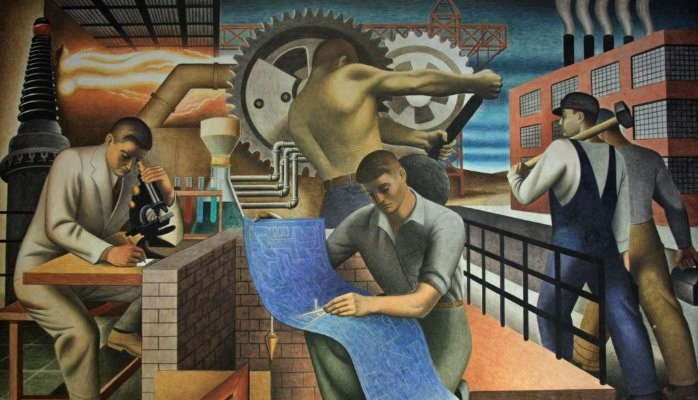There are two billion unbanked adults in the world, according to this CGAP report. I think these are really 2 billion unserved merchants. Want to know why? Read on.
To understand this we have to go all the way back to Adam Smith and the Wealth of Nations, his 1776 masterpiece that kicked off the period of what is now called classical economics. It covers a lot of ground, but one sentence that struck me as particularly relevant today, as I re-read it recently, was this gem:
CHAPTER 4, OF THE ORIGIN AND USE OF MONEY
The back-story for this line was that division of labor was getting more and more established (remember, this was 1776) and every man’s wants were met only in a small measure by the produce of his own labor; and he would need to depend on others to meet the greater part of his wants. And, in turn, fulfilling a portion of other’s wants himself.
Pause for a moment and reflect. You need to do that often when reading Adam Smith.
Every person has something to exchange – be it produce, goods, or skills. Anyone who exchanges any of these for money is a merchant. Ergo, every economically active person is a merchant.
Step back a bit and observe – who is a merchant when you look around your neighborhood? The grocer, the plumber, the bartender, the taxi driver – all clearly identifiable by a shop or other visible trappings of business. But look closer (and read Adam Smith’s line above again) and you will start noticing merchants everywhere – the hawker at the traffic signal, the fortune-teller under the tree, the guy hanging from the open door of the minibus and soliciting passengers, and even the beggar exchanging benediction for alms (this one is Mayank’s favorite, BTW). Think back and you will now see where the 2 billion merchants come from.
Yet, your original reaction of looking at only those with shops or establishments as merchants is completely understandable for that’s how society has been classifying them for long. Banks and other conventional financial institutions have so conditioned society to think, that anything else borders on blasphemy today. Mobile money service providers, telcos in most cases, have disrupted how financial services reach the common man, the ones left outside of conventional financial systems. When it comes to merchants and commerce, they should continue their disruption of financial traditions and make every merchant, in the full Adam Smith sense, a first class citizen of the modern commercial society.
The time has come for every merchant to stand up and be counted. The time has come for true financial inclusion for every unserved merchant. The time has come for Xip.
PS: Read Wealth of Nations, listed amongst the most influential books ever by the World Economic Forum, for free at geolib.
